On July 18th Bulgarians mark the 180th birth anniversary of revolutionary Vasil Levski. He was called the Apostle of Bulgarian Freedom even when he was alive. He created a network of revolutionary committees across the country and managed to light the spark of freedom in the hearts of Bulgarians after 5 centuries of Ottoman oppression. Today the name of Levski is synonymous with self-sacrifice, honesty, firm will and belief in the right of every man to live in dignity and freedom.
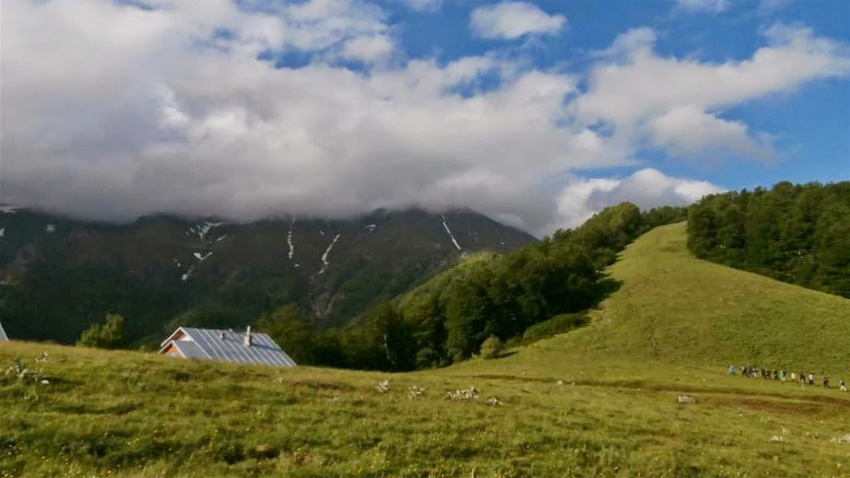
“In Levski’s Footsteps” is an idea that was born 23 years ago in the mind of teacher of history in Pleven Vasil Kopchev, who started his journey from the Toyan Monastery and visited the places in Sopot and Karlovo linked to the activities of Levski. These days more than 300 enthusiasts take part in the challenge to cross the central ridge of Stara Planina. People are divided in 7 groups. We work mostly with students from the schools in Pleven, says Doctor Galya Tsvetkova, who has been the leader of the national hike for two years now. The path through the Central Balkan ridge is tough and huts have limited amount of beds and that is why groups of 30-40 students headed by guides, teachers and a doctor are formed.
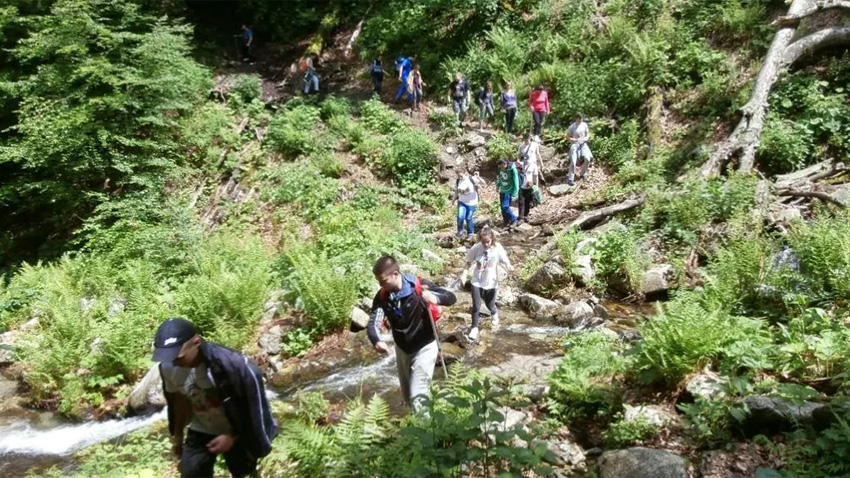
Doctor Tsvetkova says that the preparation of the trail includes training in mountain techniques, visits to historical sites and museums, getting acquainted with the life of Vasil Levski and his followers from the region of Pleven. Danail Popov, called "the right hand of the Apostle" is a man from Pleven. "For those 23 years, the students we worked with have grown up and now their children come to the trail. This year 15 children aged 1 to 7 took part in the trail. "All participants in the trail will also take part in the celebrations that Karlovo municipality organizes on the occasion of the birth of Vasil Levski, but the most exciting event is the evening when young people traditionally gather to have fun, performing patriotic folk songs and dancing.

In his devoted work on the organization of the Revolutionary Liberation Movement, Vasil Levski crossed Bulgaria several times, stopping in small settlements and monasteries where he was less likely to be discovered by the Turkish authorities. It is for this reason that almost every Bulgarian town keeps a legend related to the Apostle. One such village is Golyam Izvor near Teteven, where the pedestrian area in front of the local community center has been named after Vasil Levski and a special museum house keeps objects related to his work.
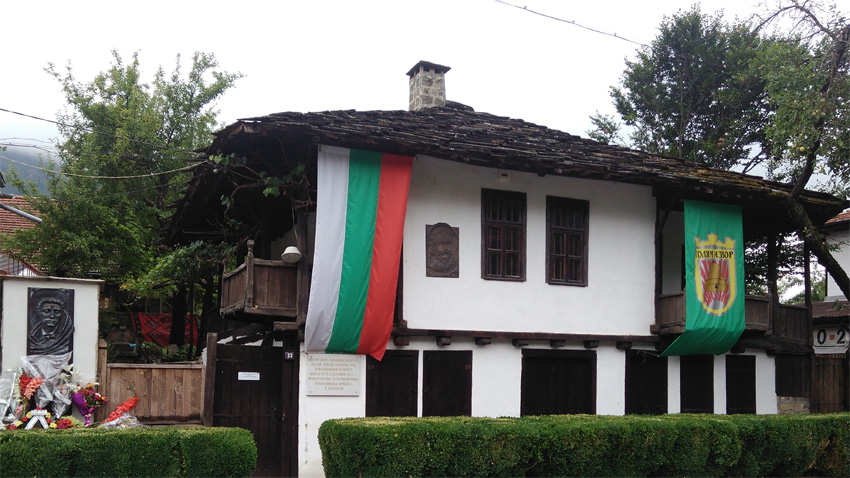
And this is not accidental - it was here where in autumn 1872 Levski opened the First District Revolutionary Committee in Bulgaria. "Life in our town flows in the normal rhythm for Bulgaria, but when it comes to Levski something in the air starts trembling. People talk as if not their ancestors, but they themselves had been with him," says Mayor of Golyam Izvor Ilian Marinov. He is especially proud that his village has preserved the old inn where the First District Revolutionary Committee was established. Today this is the Vasil Levski Museum House.
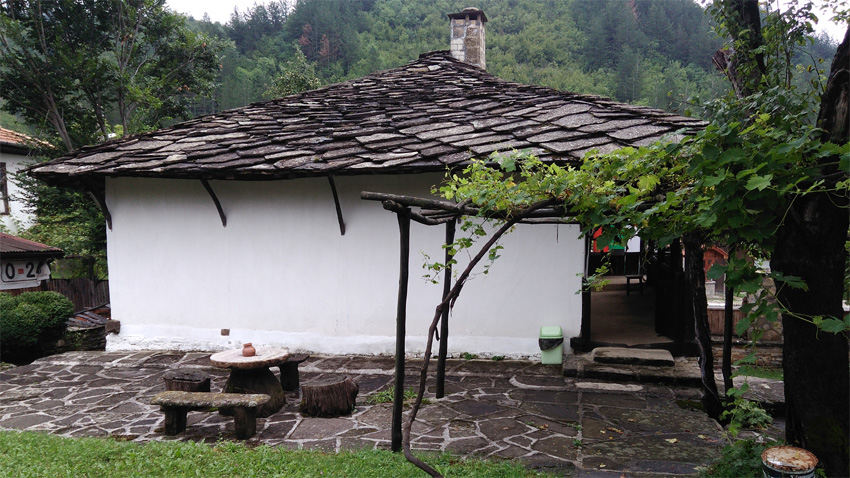
"The building is authentic; it had not been burned down or destroyed, so anyone who touches the beam over the front door can be sure they are touching the same beam touched by the Apostle of Freedom. The old blacksmith workshop has been preserved too. In addition to everyday tools, cartridges and weapons necessary for the liberation struggle were also produced here. The wine cask in which Levski hid in case of sudden checks has been preserved, too. There is a legend that the innkeeper put a skin bottle full of wine in the empty cask, so when the guards came in he started pouring wine out of the cask and no one got suspicious or ever checked the contents of the cask where Levski was hidden.”
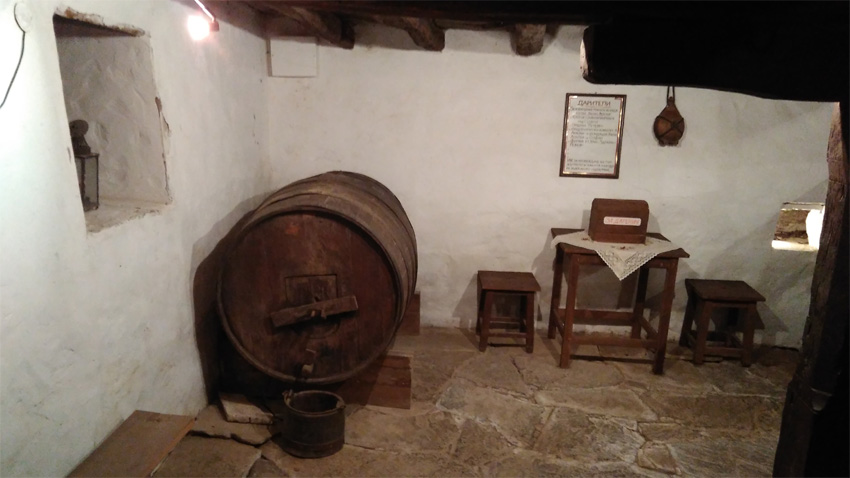
"The time when Bulgarians will not be slaves but free people is soon to come,” Vasil Levski wrote in 1872 in a letter to the First Revolutionary District in the village of Golyam Izvor. Months later, the Apostle was captured and in February of 1873 he was brought to his Golgotha - the gallows, erected on the place where today the monument of Vasil Levski downtown Sofia stands. A seemingly calm Levski accepted a final communion with the words: "All that I have done, I have done it for the Fatherland."
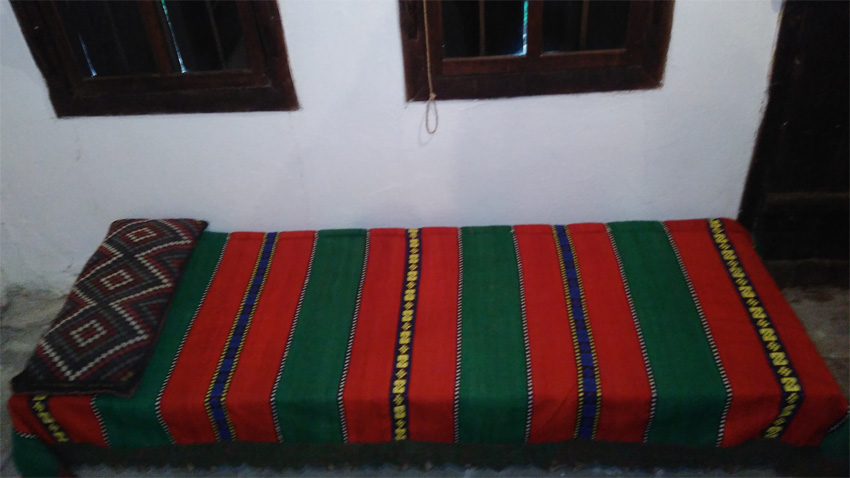
The Bulgarian people fought for their freedom and regained it from the Ottoman conquerors in 1878 and the Apostle's covenant of "Pure and Holy Republic" continues to be part of the national ideal and aspirations of patriotic Bulgarians to this very day.
English: Alexander Markov
A Christmas tree with Bulgarian decorations has been placed in a central location at the Griffin Museum of Science and Industry in Chicago. For the fifth consecutive year, Bulgarians living in Chicago crafted the lavish decoration of the Bulgarian..
The usurpation of cultural heritage is one of the many inevitable consequences of any military conflict, both historically and today. Until the end of the war in Ukraine, it is impossible to adequately analyse the extent of the damage caused to the..
Athens plans to modernise the Greek army by 2030 Greece's Defence Minister Nikos Dendias presented the plan for changes in the army to the parties in parliament. The reforms will cover all three branches of the military. By 2030, 33 units..
The residents of Pleven (Central North Bulgaria) will bid farewell to 2024 with a Christmas Town and meetings with Santa Claus. This year's festive..
Modernizing critical thinking skills, fact-checking skills and media literacy are essential for society, especially for young people in Bulgaria - the..

+359 2 9336 661
